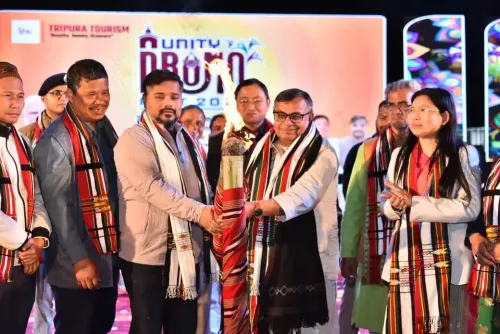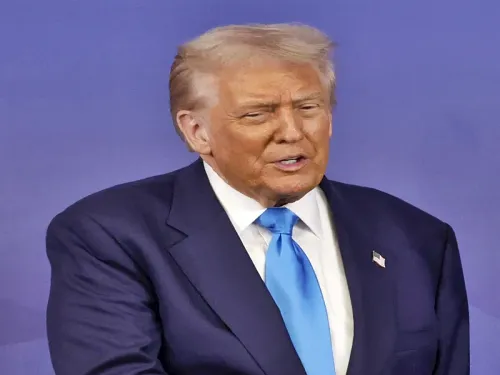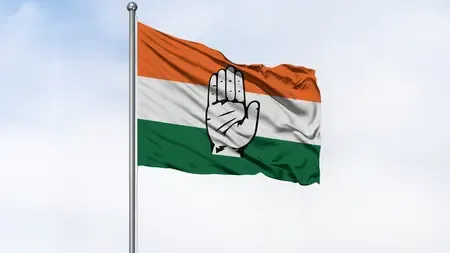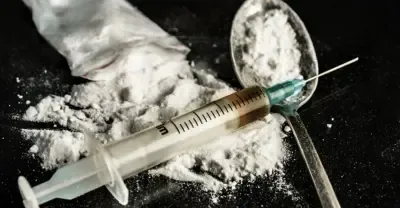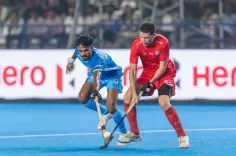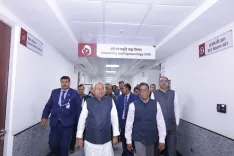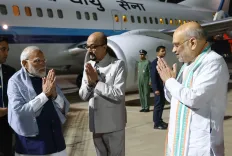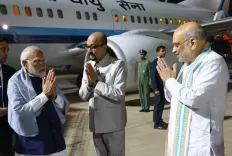India's Exemplary Journey Towards Universal Clean Cooking Gas Access: Insights from Minister Puri

Synopsis
Key Takeaways
- India's clean cooking gas model can be replicated.
- Pradhan Mantri Ujjwala Yojana offers affordable LPG.
- Global South nations can learn from India's approach.
- Private sector involvement is crucial for energy supply.
- Solar cookers present additional clean cooking options.
New Delhi, Feb 12 (NationPress) India’s exemplary journey in achieving universal access to clean cooking gas, supported by intelligent subsidies and sustainable policies, serves as a scalable blueprint for other developing countries aiming for clean cooking solutions, stated Union Minister of Petroleum and Natural Gas, Hardeep Singh Puri, on Wednesday.
During the 'Ministerial Roundtable on Clean Cooking' held on the second day of 'India Energy Week 2025' in the national capital, Minister Puri underscored India's achievements via targeted subsidies, robust political determination, digitization of distribution networks by oil marketing companies (OMCs), and nationwide campaigns encouraging cultural shifts towards clean cooking.
The session convened representatives from Brazil, Tanzania, Malawi, Sudan, and Nepal, alongside industry leaders like the International Energy Agency (IEA), Total Energy, and Boston Consulting Group (BCG).
Puri pointed out that India's model is not only effective but also easily replicable in other Global South nations encountering similar energy access issues.
The Union Minister mentioned that under India's Pradhan Mantri Ujjwala Yojana (PMUY), beneficiaries can access LPG at an incredibly low cost of just 7 cents per day, while other consumers enjoy clean cooking fuel at 15 cents per day. This affordability has been transformative in fostering widespread adoption.
Doto Mashaka Biteko, Deputy Prime Minister and Minister of Energy, Tanzania, shared strategies to enable 80 percent of households to switch to clean cooking by 2030, utilizing subsidies and a mix of energy resources, including LPG, natural gas, and biogas.
Dr. Mohieldien Naiem Mohamed Saied, Minister of Energy and Oil, Sudan, emphasized the necessity for private sector involvement to address gaps in LPG supply, as the nation still imports a substantial part of its energy requirements.
Mary Burce Warlick, Deputy Executive Director of IEA, remarked that India’s success offers essential lessons for other nations, especially in overcoming challenges related to affordability, accessibility, and infrastructure.
She also highlighted the significance of concessional financing and public-private partnerships (PPP) in broadening clean cooking access worldwide. Addressing cultural acceptance and regulatory reforms, such as tax reductions, were also identified as vital strategies for large-scale implementation.
In response to the potential of solar cookers in enhancing clean cooking technologies throughout the Global South, Minister Puri noted that IOCL’s advanced solar cookers, equipped with integrated solar panels, are available for approximately $500 per unit with no extra costs over their lifecycle.
This initiative aligns with India’s broader strategy to diversify clean cooking options beyond LPG, reinforcing the nation’s commitment to reducing dependency on traditional biomass fuels and minimizing carbon emissions.

